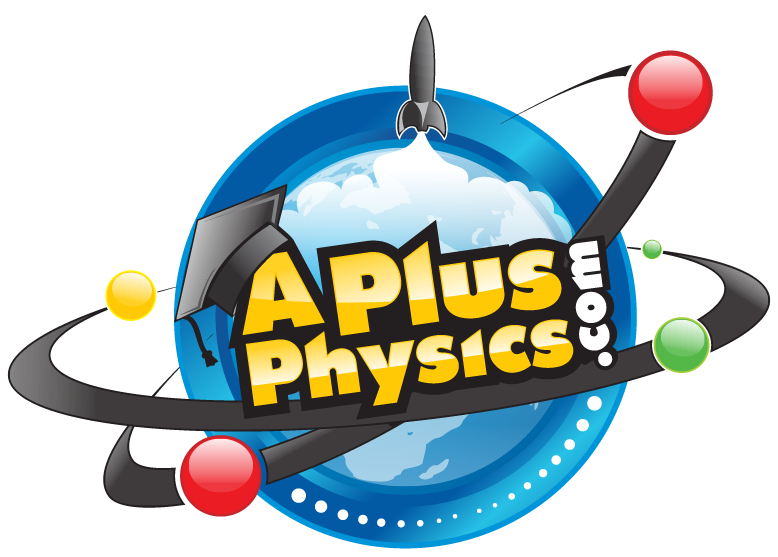
A.)
1: Learning is fast
2: Knowledge is composed of isolated facts
3: Being good at a subject is a matter of inborn talent
4: I’m really good at multitasking
B.)
The one that resonates with me is about multitasking. I don’t really have an issue with being distracted by things around me, like my phone, but I often find it difficult to focus on one thing at a time and I have a tendency to jump from one thing to another and back very quickly.
C.)
Metacognition is how well one thinks they really understand a subject. Typically those with more accurate metacognition have a better understanding.
Video 2:
A.)
The most important thing when studying is what you think about while doing it.
B.)
Deep processing, rather than shallow processing, is when a person thinks about the meaning of information and makes connections between pieces of information when learning. On the other hand, shallow processing is learning isolated facts and is not beneficial to learning.
C.)
1: Minimizing distractions and maximizing focus- I’ll study in my room, phone across the room, where it is quiet.
2: Developing accurate metacognition- I can “quiz” myself and see how well I’m doing on a regular basis through practice problems and webassigns.
3: Deep, accurate processing of critical concepts- I will focus on how various topics are interrelated.
4: Practicing retrieval and application- I will consistently work on practice problems where I can apply what I am learning.
Video 3:
A.)
1: Elaboration- I will make connections between topics as we learn them to increase my understanding.
2: Distinctiveness- I’ll keep in mind what important details stand out in each topic to set them apart from others to avoid confusion.
3: Personal- Blog posts should keep me relating classwork to my daily life.
4: Appropriate retrieval and application- I’ll quiz myself as I work through topics so I know which ones I need to spend more time on.
5: Automaticity- Hopefully my good skills will become a routine that I will not have to try to force myself to do.
6: Overlearning- the most important topics for me to understand I will study so that I can recall the information quickly.
Video 4:
A.)
1: What does a good question look like?
2: What kinds of questions are the most beneficial?
3: How will asking questions help me learn?
4: What should I consider when asking questions?
5: How should I organize my notes?
6: What should I be thinking about as I take notes?
B.)
The note taking tips for in class lectures apply to videos because, like in lectures, you shouldn’t try to mindlessly copy everything you hear. You should try to consider the key concepts when listening to a lecture or watching a video and get those down on the paper. They should also be organized so that they can be understood later, otherwise they won’t be any help.
C.) I’ll form a study group that will have clear goals of what we plan to accomplish each time we meet.
Video 5:
A.)
Don’t
1: Panic
2: Go into denial
3: Do nothing
4: Wait to ask for help
5: Skip some classes to focus on others
6: Fall further behind while waiting to catch up
7: Ignore small assignments
8: Give up
B.)
Do
1: Examine how you prepared, be honest
2: Review the exam, focus on mistakes.
3: Talk with your teacher to make sure you are taking the right steps
4: Examine your study habits
5: Create a plan to help improve
C.)
1: Commit time and effort
2: Minimize distractions
3: Attend class
4: Set realistic goals
5: Don’t begin to slide
6: Don’t give away points
- Read more...
- 1 comment
- 689 views

